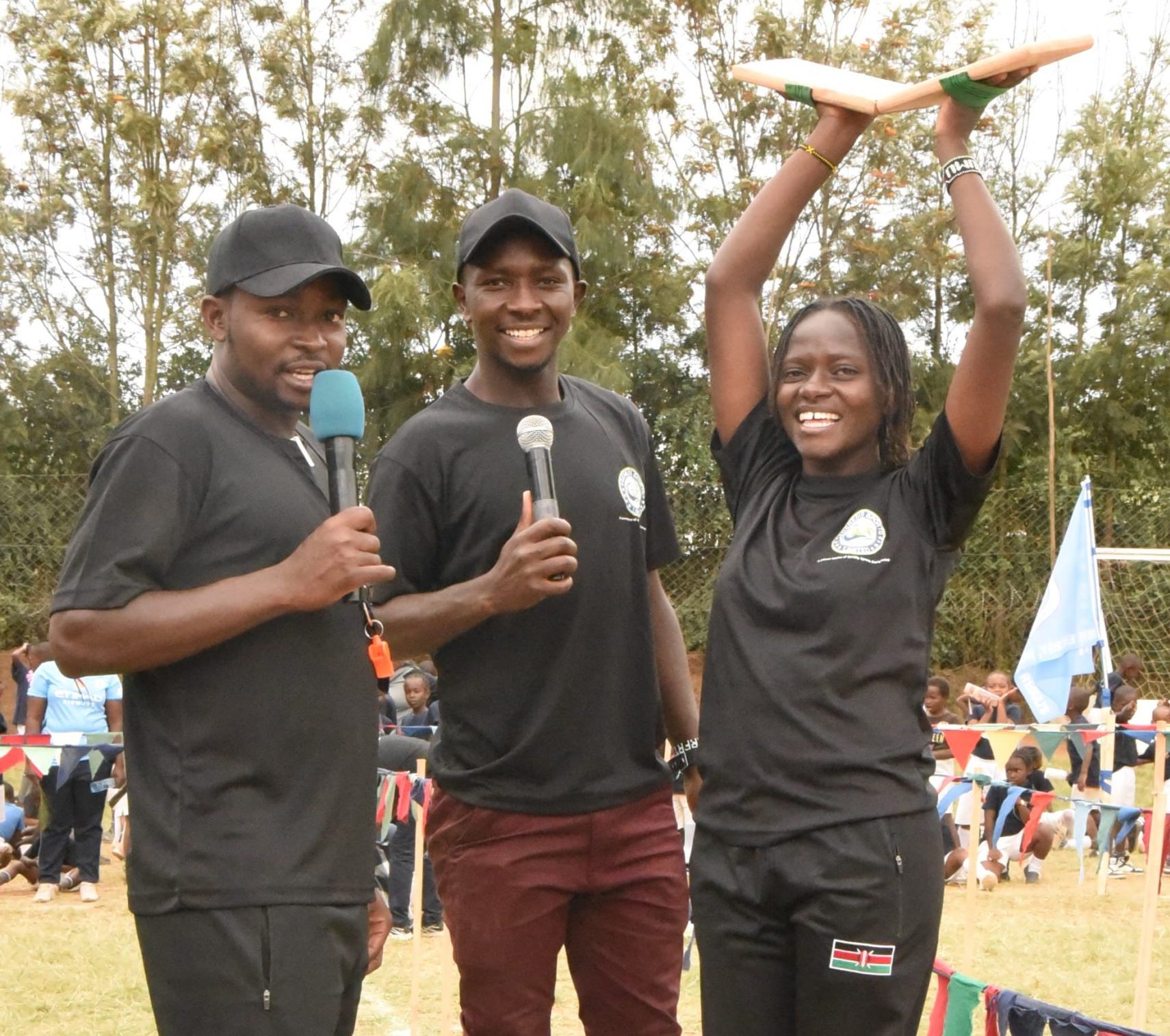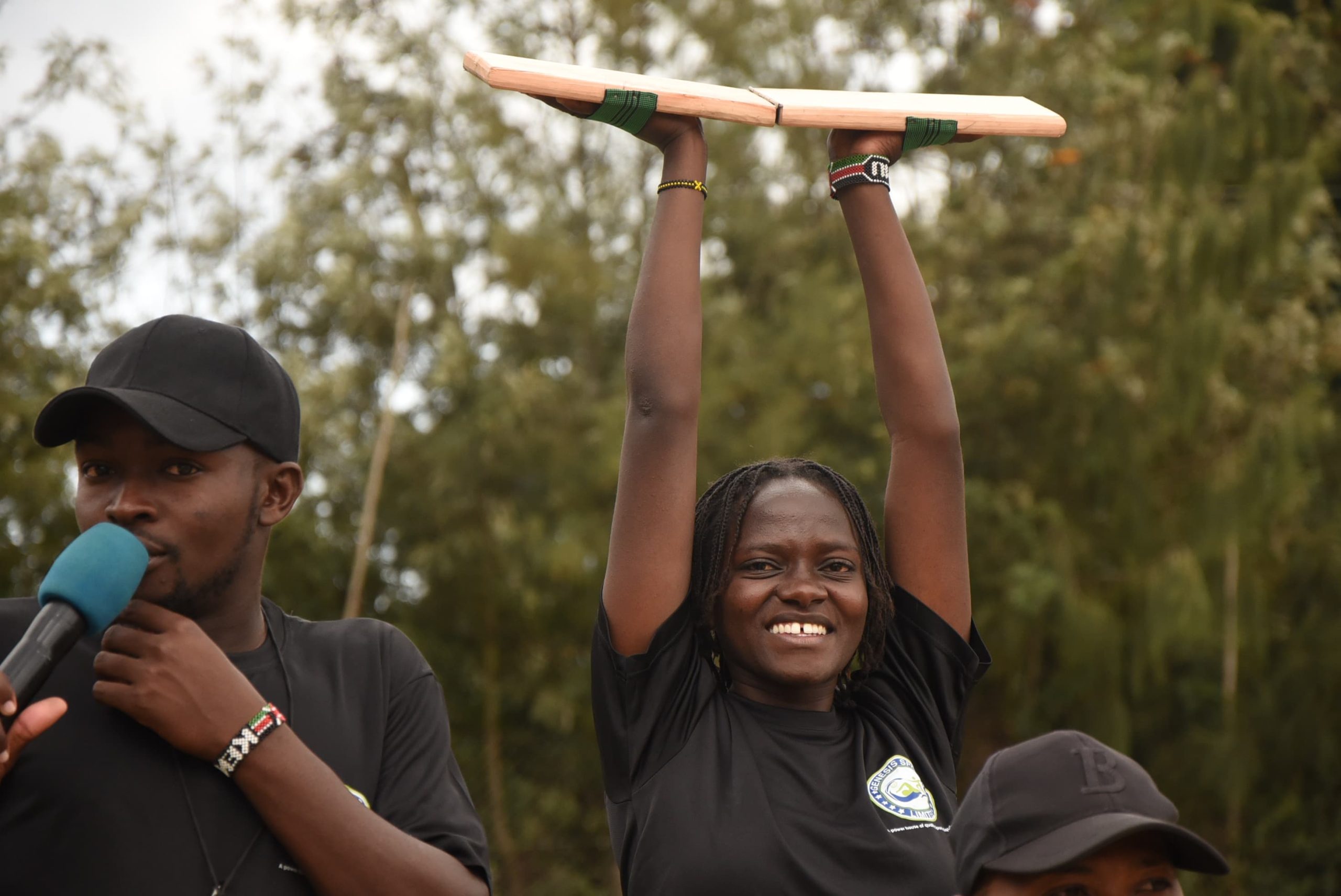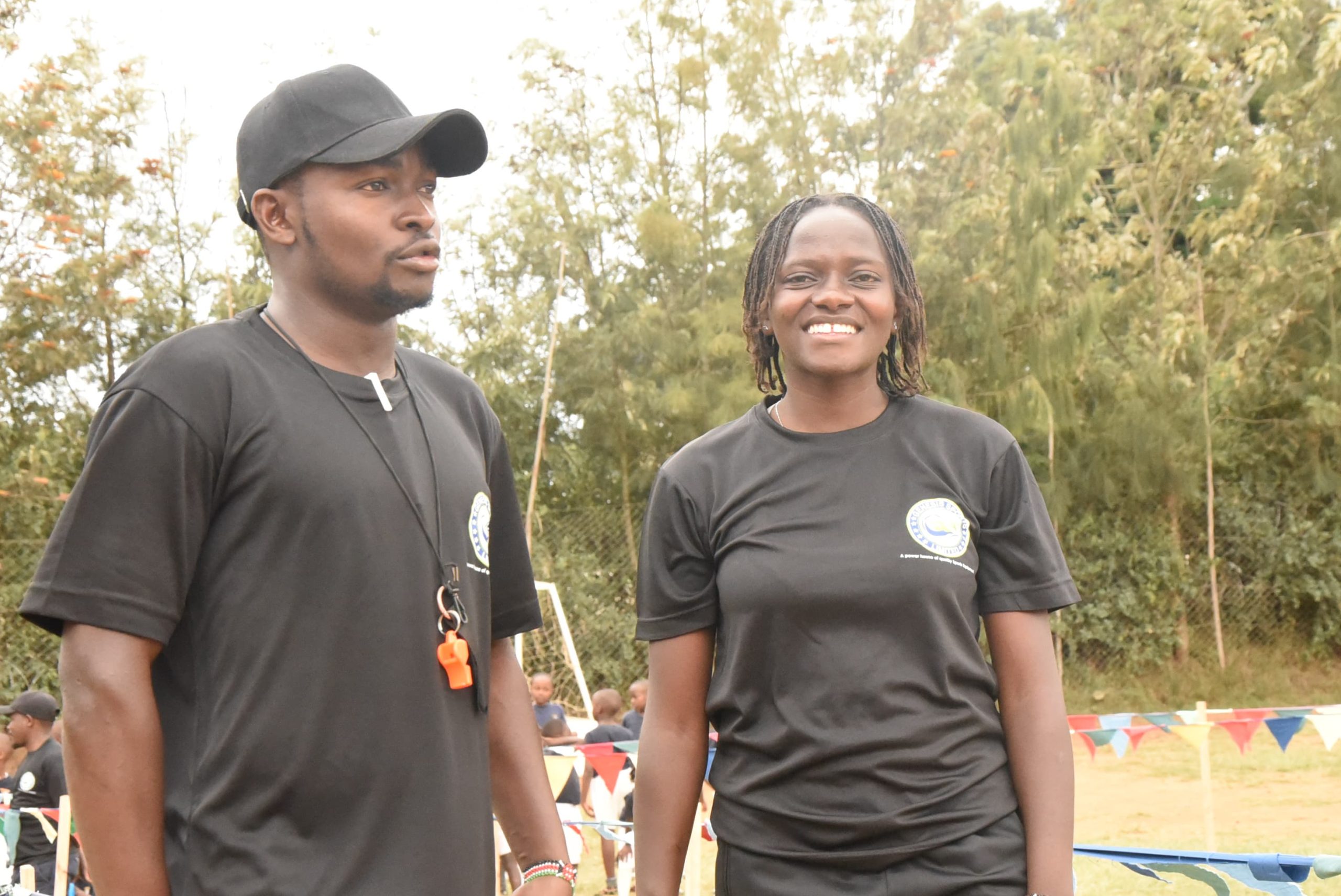A great school sports coach possesses a combination of skills, personal qualities, and leadership abilities that inspire, guide, and support young athletes. Here are some key characteristics:
1. Passion for Sports and Coaching
- A great coach loves the sport and shares that passion with their students. Their enthusiasm can ignite interest and motivation among athletes.
2. Strong Leadership Skills
- They provide clear guidance, set expectations, and motivate the team. They serve as role models, leading by example with professionalism and integrity.
3. Effective Communication
- A great coach communicates clearly and regularly with athletes, parents, and staff. They listen well, give constructive feedback, and ensure that players understand their roles and goals.
4. Patience and Empathy
- Young athletes learn and develop at different rates, and a great coach shows patience and understanding. They also recognize the emotional needs of their players and offer support when needed.
5. Strong Organizational Skills
- Managing practices, games, equipment, and team schedules requires exceptional organizational abilities. A good coach ensures everything runs smoothly, minimizing distractions for players.
6. Knowledge of the Sport
- A deep understanding of the game, strategies, and techniques is essential. Great coaches are always learning and staying updated on new training methods to improve the team’s performance.
7. Focus on Development
- The coach prioritizes skill development, teamwork, and personal growth over merely winning. They help athletes build their confidence, resilience, and sportsmanship.
8. Adaptability
- Every athlete is different, so a great coach is flexible in their approach to training and team management. They tailor strategies to suit the needs of individuals and the team as a whole.
9. Ability to Inspire and Motivate
- A good coach helps athletes see their potential and motivates them to achieve their best. They foster a positive environment that encourages hard work and perseverance.
10. Discipline and Accountability
- They instill a sense of responsibility and discipline in their players. Great coaches set clear boundaries and hold athletes accountable for their actions, both on and off the field.
11. Sportsmanship and Ethics
- A great coach teaches respect for opponents, officials, and the rules of the game. They emphasize fair play, humility in victory, and grace in defeat.
12. Positive Role Model
- Coaches often serve as mentors, influencing students beyond the sport. A great coach demonstrates integrity, perseverance, and the values they hope to instill in their players.
13. Conflict Resolution Skills
- Managing team dynamics and resolving conflicts among athletes is crucial. A great coach can mediate disputes, promote teamwork, and maintain a cohesive and supportive environment.
14. Goal-Oriented and Visionary
- A great coach sets clear, achievable goals for both the team and individual players. They inspire the team to work toward these goals, with a vision for long-term development.
15. Passion for Teaching Life Lessons
- Beyond sports, a great coach emphasizes life skills such as teamwork, resilience, leadership, time management, and dealing with adversity—lessons that will benefit students in their future endeavors.
A school sports coach who embodies these characteristics can profoundly impact the development of young athletes, both in terms of sports performance and personal growth.
4o








Leave A Comment